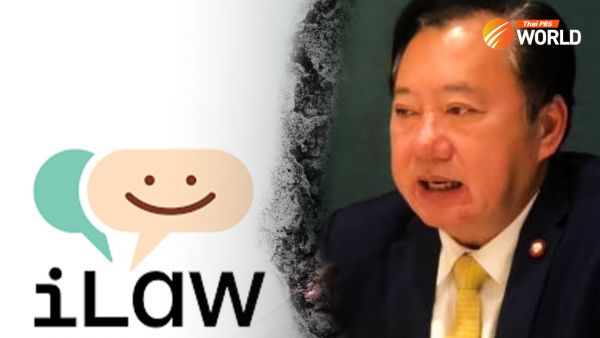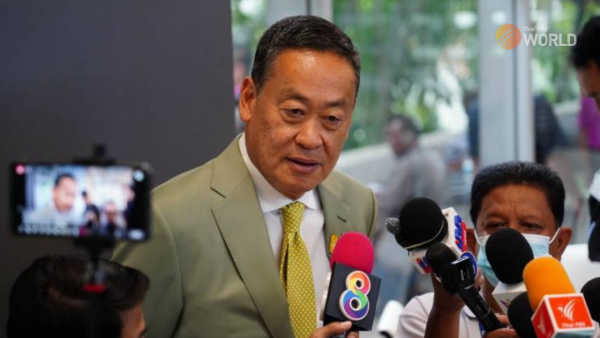Thailand must simplify processes to solve statelessness

Thailand is host to the second-largest refugee population in Asia. There are over 150,000 stateless children in the system, plus an estimated 50,000 who are not registered. Though Thailand has made a lot of progress in the past ten years, especially in terms of policies, there is still room for improvement in accelerating the process and reaching the goal of zero stateless children in the near future.
The Director of the Legal Status Network Foundation, Santiphong Moonfong, has been working with children for almost 30 years. He has seen the problems and challenges of stateless children firsthand and told Thai PBS World that Thailand has been trying to deal with the issue structurally, with laws and policies in place. The problem now is the practicality of the process.
Simplification and flexibility
“Stateless children are everywhere, in every registration office district, all over the country. The density, however, might vary. As of now, these children are standing on Thai soil. The challenge is how to provide these children with legal status,” said Santiphong.
With the “Birth Registration for All” and “Education for All” approach that the country has adopted, Thailand’s efforts and progress have been recognised internationally. The situation on the ground, however, is still moving very slowly.
According to UNICEF Thailand Deputy Representative Severine Leonardi, up to 7 thousand children receive legal status in Thailand per year. “When I give you the number of 200,000, you can imagine how many years it would actually take for all those children to access their rights”.
Thailand does not lack political will, said Severine, adding that the country just needs to accelerate the procedures. She said some of the very simple things that can be adopted include the streamlining of procedures and “more flexibility in the way Thailand applies legal criteria”.
In Severine’s words, statelessness is the gravest of the child rights violations. Without legal identity, these children are unable to access basic services, such as life-saving vaccinations or just basic education. When all the doors to life improvement close, they are deprived of the opportunity to flourish.
Some of these children know nothing else besides life in Thailand. Though the country has a “Birth Registration for All” policy, there is still the issue of not implementing it or doing it very slowly, creating bottlenecks in the system.
Simplification and flexibility is what many are hoping for. Sometimes, things that look like small issues for adults are impossible for children, especially for those without parents.
“Simplify the procedures, inject more resources into the process by increasing the number of officials who can process the cases. Dedicate and establish a specific task force within the government to process, as fast as possible, cases of statelessness. So, these are all measures to simplify and eliminate bottlenecks which delay the process. So, if you don’t start addressing the children, they will grow up as stateless and will have children, who will again continue to perpetuate statelessness in Thailand,” said UNHCR Representative, Giuseppe de Vincentiis.
Open doors
Without legal status, these children will not be able to travel anywhere, have no access to healthcare and no opportunity to earn a living.
“The road is narrowing and where will they go? Some even say the school’s doors are shut. The temple’s doors do not open for these children, but the prison doors might,” warned Santiphong.
By Tulip Naksompop Blauw






